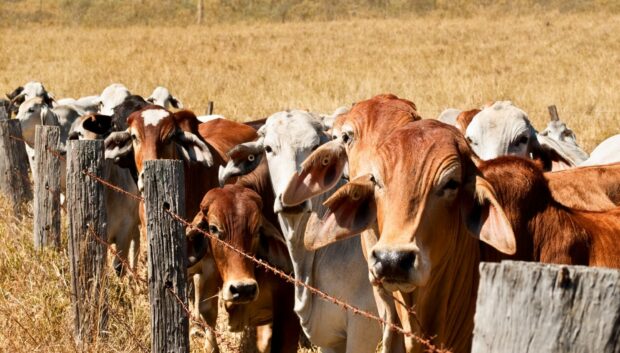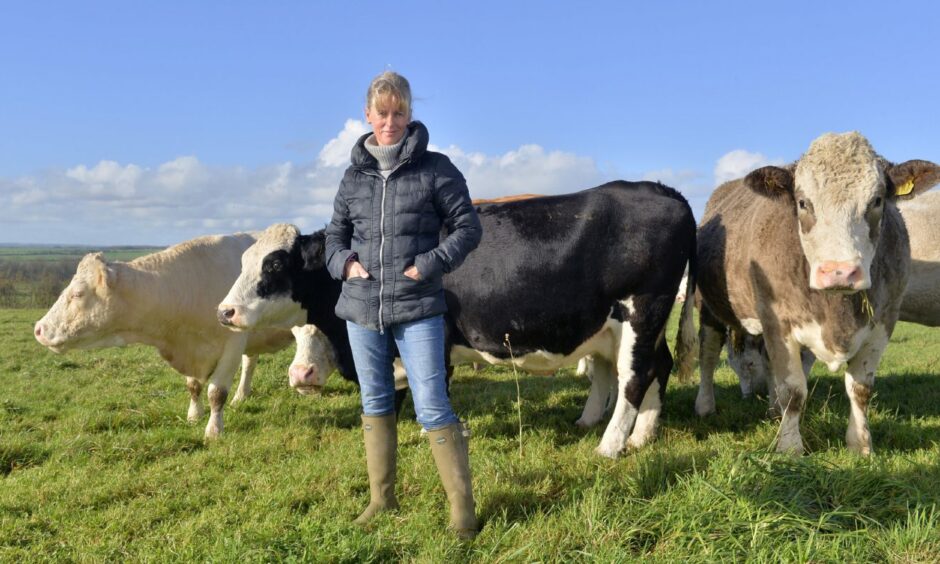Final agreement on a UK-Australia trade deal has been met with anger by farming bodies who warn it will damage the British farming industry.
The deal, announced by prime ministers Boris Johnson and Scott Morrison in June, has now been finalised at a virtual signing ceremony.
According to the Department for International Trade, the deal is expected to increase trade with Australia by 53% and boost the economy by £2.3 billion.
International Trade Secretary Anne-Marie Trevelyan said the agreement would “deliver for businesses, families and consumers in every part of the UK”, however farmers have warned it will put them under pressure from “damaging levels” of Australian dairy, sugar, beef and lamb imports.
The NFU said the deal offered little benefit to British farmers, while organic body the Soil Association said the deal was “void of common sense”.
The Scottish Government also criticised the deal and a spokesman said it had “opened the door to imports of Australian beef and lamb produced cheaper and to lower welfare standards”.
NFU president, Minette Batters, said the deal would result in full liberalisation of trade for dairy produce after six years, sugar after eight years, and beef and lamb after 15 years.
“Just as concerningly, the UK has agreed to beef and lamb quotas which will favour imports of high-value cuts, despite this being the end of the market where British farmers tend to derive any value from their hard work,” added Ms Batters.
“Ultimately, this deal simply serves to heap further pressure on farm businesses at a time when they are facing extraordinary inflationary pressure and sustained labour shortages.”
She urged MPS to scrutinise the deal and see if it matches up to government rhetoric to support British farmers and safeguard their high animal welfare and environmental standards.
“I fear they will be disappointed,” added Ms Batters.
Meanwhile, the Soil Association’s head of food policy, Rob Percival, said there was little in the deal to benefit British farmers or citizens.
He added: “It’s void of common sense; as British farmers are stepping up to meet the environmental challenges of this century, our government signs a deal that undercuts them.”

